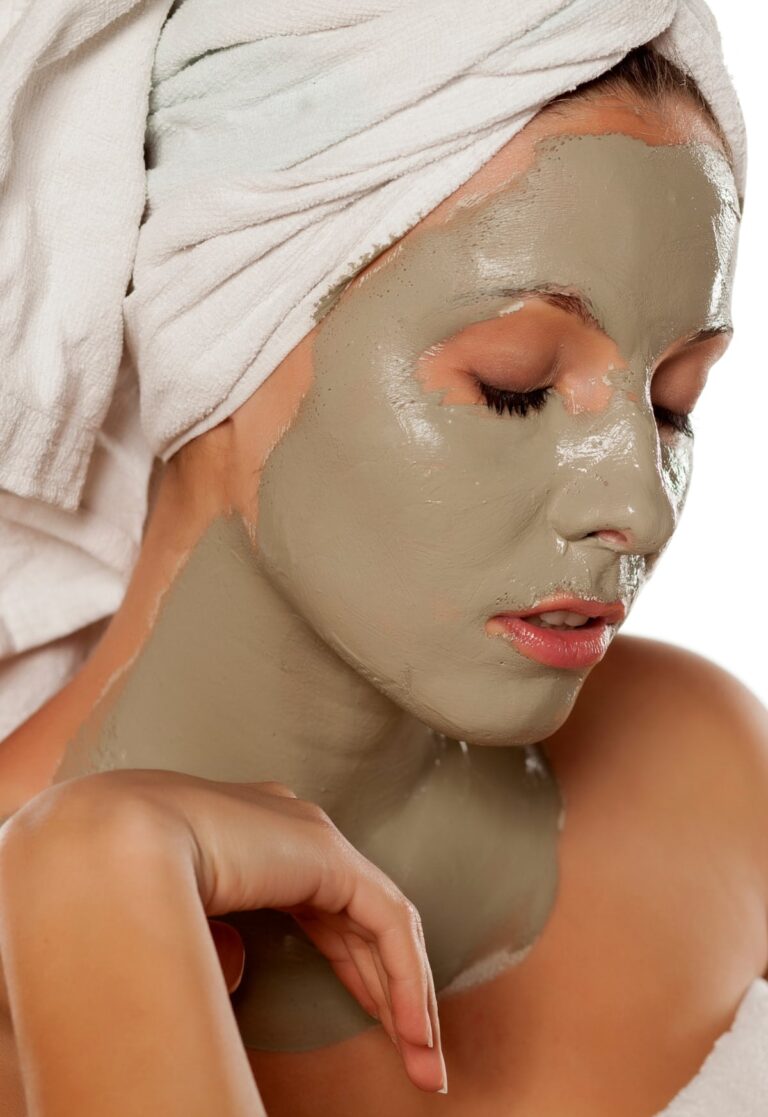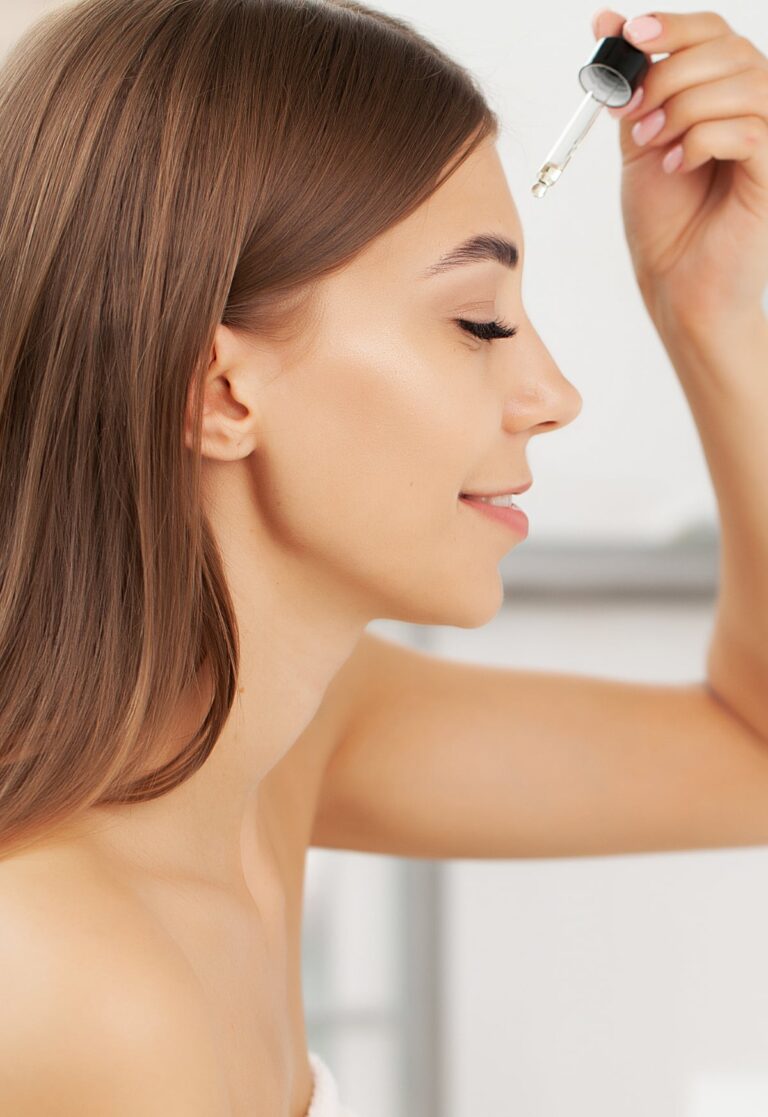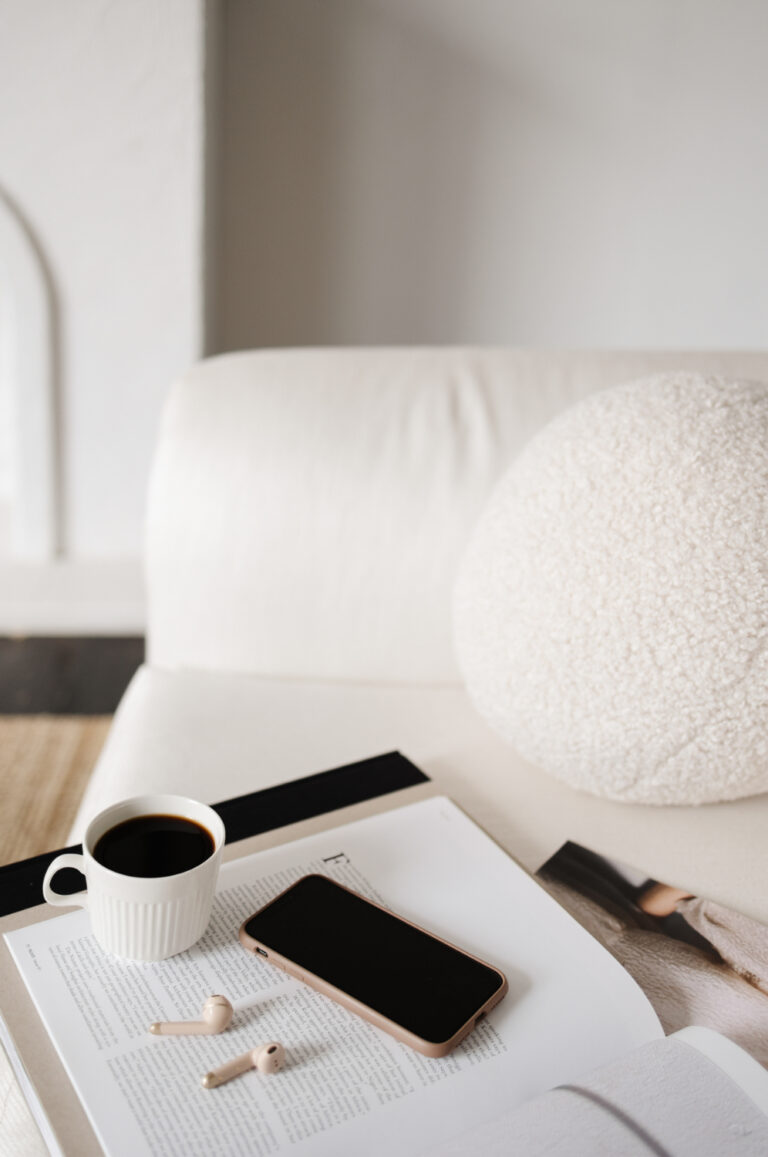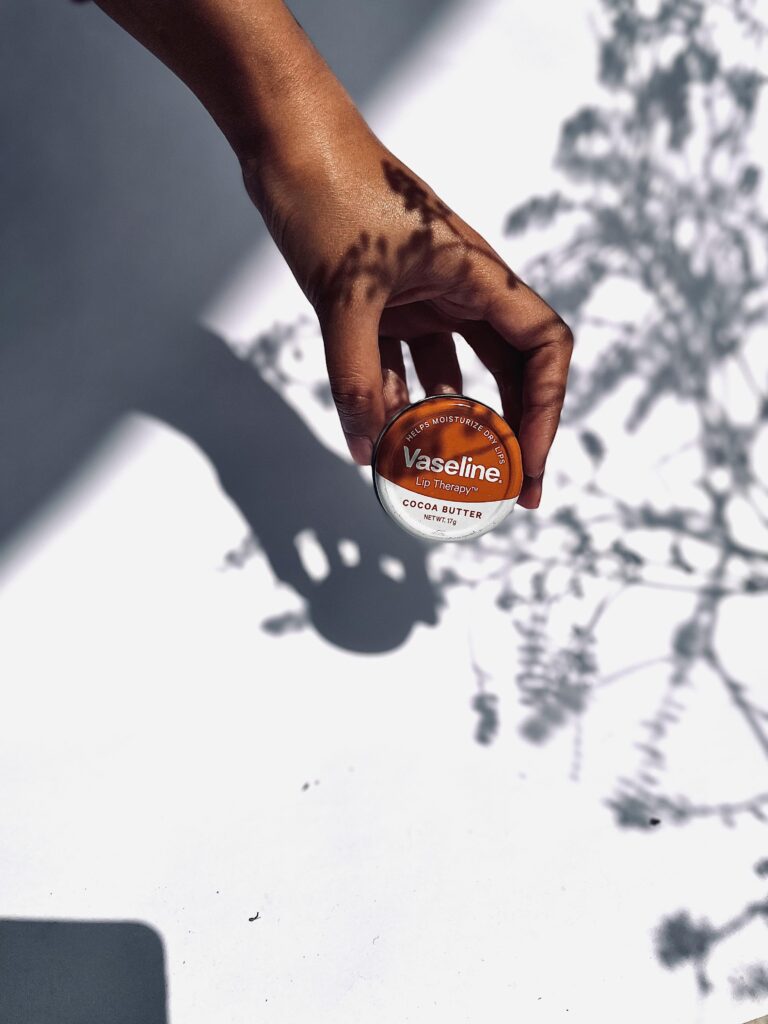The 5 Awesome Benefits Of Cocoa Butter For The Skin
Seeking a radiant and healthy-looking complexion? Look no further! Cocoa butter may be the perfect skincare ingredient to help achieve that glowing appearance.
The incredible benefits of cocoa butter for the skin make it a prized component of various skincare products.
Extracted from cocoa beans, it’s rich in essential fatty acids, vitamins, and antioxidants, making it a powerhouse for skin care.
Cocoa butter is known far and beyond for its ability to hydrate the skin deeply, thanks to its high fatty acid content. I also find that cocoa butter additionally aids in forming a barrier that locks in that essential hydration!
This versatile ingredient isn’t just limited to moisturizing, though. It also contributes to protecting your skin from the harmful effects of pollutants and UV radiation, fighting the signs of aging.
So, whether you’re plagued by dryness, scars, or pesky wrinkles, incorporating cocoa butter into your skincare routine may be the breakthrough you’ve been searching for.
So read on to learn about the incredible, science-backed benefits of cocoa butter for the skin!
5 Benefits Of Cocoa Butter For The Skin
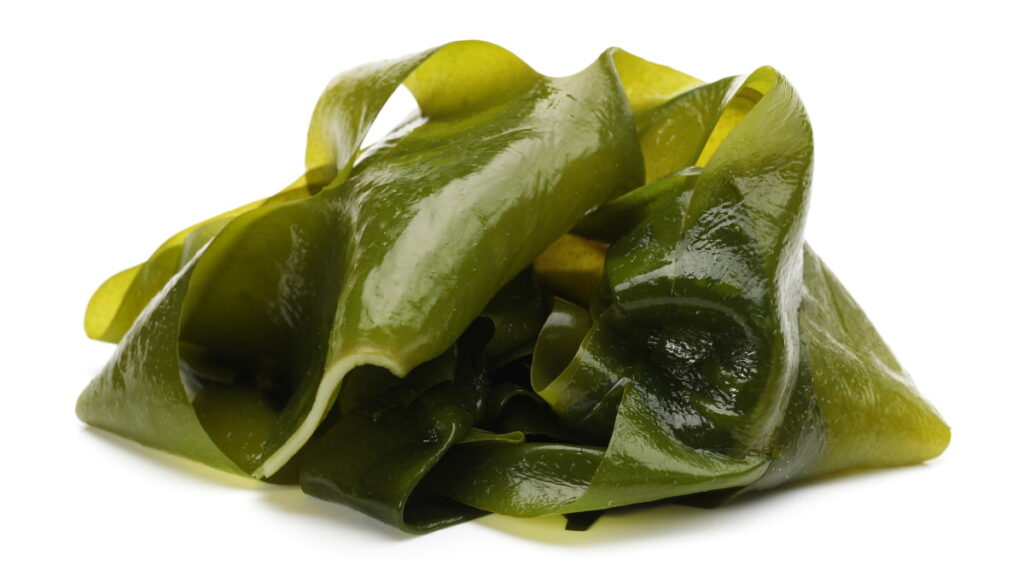
It Nourishes And Hydrates
Cocoa butter is widely regarded for its impressive nourishing and hydrating properties. Due to its abundance of vitamins, minerals, and antioxidants, cocoa butter has garnered a well-earned reputation as a powerful moisturizer.
Let me walk you through some of its most notable hydrating and nourishing qualities:
One key aspect of cocoa butter is its ability to lock in moisture for extended skin goodness. As an emollient, it helps create a protective barrier on the skin, preventing water loss.
This contributes to maintaining adequately hydrated skin and warding off dryness. Many people rely on cocoa butter to treat dry, flaky skin, especially during harsh winter months.
The moisturizing benefit of cocoa butter for the skin is due to its rich content of essential fatty acids. It’s packed with stearic, oleic, and palmitic acids, which are essential for maintaining healthy skin.
These vital fatty acids contribute to the mesmerizing properties of cocoa butter:
- Locks in moisture for extended periods
- Strengthens the skin’s protective barrier
- Improves skin elasticity and texture
- It Prevents Skin Damage From Environmental Stressors
Cocoa butter boasts a rich concentration of polyphenols, natural compounds with remarkable properties promoting skin protection. These polyphenols have been shown to possess anti-inflammatory, immunomodulatory, antioxidant, and DNA repair activities.
These fantastic properties make cocoa butter a powerful ally in safeguarding the skin against the perils of oxidative stress induced by environmental factors, such as prolonged exposure to harmful UV rays.
Therefore, cocoa butter can become our new best friend in combating premature photoaging.
It Improves Skin Elasticity
One study has demonstrated that topically applying cocoa butter polyphenols can improve skin elasticity. This is achieved by boosting collagen production.
Not only that! The same study has shown that cocoa butter polyphenols have the same effect on boosting collagen and improving elasticity as a well-known, commercial anti-aging cream!
It Promotes Skin Healing
Cocoa butter has long been recognized for its ability to support the skin’s healing process. Its antioxidant, anti-inflammatory and moisturizing properties can aid in repairing damaged skin and promoting faster healing of wounds, scars, and stretch marks.
The nourishing qualities of cocoa butter help to improve the skin’s elasticity and promote the growth of healthy new cells, reducing the visibility of scars and stretch marks over time.
It Makes The Skin Look Younger
When we consider cocoa butter’s advantages to the skin, it emerges as a subtle yet potent anti-aging tool. Let’s sum things up:
The abundance of antioxidants, including vitamin E, within cocoa butter works wonders in counteracting free radicals that contribute to uneven pigmentation and skin discoloration.
Regular use of cocoa butter may effectively diminish the visibility of blemishes, hyperpigmentation, and dark spots, resulting in a more even and radiant skin tone.
Moreover, the moisturizing properties of cocoa butter work their magic by hydrating and smoothing the skin, reducing the appearance of fine lines and wrinkles. Its emollient nature also aids in nourishing dry patches, leaving behind a youthful and supple complexion.
Lastly, cocoa butter’s ability to stimulate collagen production promotes elasticity, potentially reducing fine lines.
To Summarize The Benefits Of Cocoa Butter For The Skin:
| Locks in moisture for extended periods |
| Strengthens the skin’s protective barrier |
| Improves skin elasticity and texture |
| Reduces inflammation and promotes cell regeneration |
| Protects the skin from environmental stressors |
| Prevents skin damage from UV radiation |
| Enhances skin tone and promotes evenness |
| Supports skin healing and reduces the appearance of scars |
How To Use Cocoa Butter On The Skin?
Using cocoa butter on the skin does not have to be a hustle. Here are some tips for incorporating cocoa butter into your skincare routine:
- Start with clean skin
Before applying cocoa butter, thoroughly cleanse your face or the targeted area of the skin to remove any dirt, oil, or impurities. This allows the cocoa butter to penetrate effectively and deliver its nourishing benefits.
- Warm the cocoa butter
Cocoa butter has a solid consistency at room temperature, so it’s beneficial to warm it slightly to make it easier to apply. You can do this by rubbing a small amount of cocoa butter between your palms until it melts or by using a double boiler method to gently heat it.
- Apply to damp skin
To boost cocoa butter’s moisturizing benefits, you can apply it directly to damp skin. After cleansing, pat your skin dry, leaving it slightly moist. The moisture helps to lock in hydration and allows the cocoa butter to spread smoothly.
- Massage gently
Massage a small amount of melted cocoa butter into the skin using gentle, circular motions. This helps the cocoa butter to penetrate deeply and evenly. Pay extra attention to areas that require additional hydration or where you want to target specific skin concerns, such as scars or stretch marks.
- Allow it to absorb
Give the cocoa butter time to absorb into the skin before getting dressed or applying other products. This allows it to work its magic and provide long-lasting moisture and nourishment.
- Customize your routine
Cocoa butter can be used both in the morning and evening, depending on your preference. You can use it as a standalone moisturizer or combine it with other skincare products.
Pro tip: Some people like to mix cocoa butter with their favorite facial oils or add it to their body lotions for an extra boost of hydration.
- Stay consistent
To experience the full benefits of cocoa butter, you must be consistent. Incorporate it into your daily skincare routine and use it regularly over time. Results may vary, but with consistent use, you can expect improvements in skin hydration, texture, and overall appearance.
Should I Use Cocoa Butter Every Day?
How often you can use cocoa butter depends on your individual skin needs and preferences. If your skin tolerates cocoa butter well, there is no problem with using it every day. However, it’s essential to consider a few factors:
- Your Skin Type
If you have dry or very dry skin, using cocoa butter daily can provide the necessary hydration and nourishment.
However, if you have oily or acne-prone skin, using cocoa butter daily may be too heavy and lead to clogged pores. In such cases, it may be more suitable to use cocoa butter as an occasional treatment or focus on lighter moisturizers.
- The Weather and Season
In dry or cold weather periods, when the skin tends to lose moisture, incorporating cocoa butter into your daily skincare routine can effectively retain hydration levels.
In contrast, you may prefer using cocoa butter less frequently or opting for lighter moisturizers during hot and humid weather.
- Specific Skin Concerns
If you have specific skin concerns like scars, stretch marks, or areas of intense dryness, daily applying cocoa butter to those areas can be beneficial. It allows for consistent nourishment and targeted treatment.
For overall skin maintenance, you may use cocoa butter less frequently, such as a few times a week.
- Skin Irritability
Pay attention to how your skin reacts to the daily use of cocoa butter. If you notice any signs of irritation, congestion, or breakouts, it may indicate that your skin is not tolerating daily use.
In such cases, reduce the frequency or discontinue use and seek alternative skincare options. It’s always best to perform a patch test before incorporating cocoa butter into your skincare routine, especially if you have sensitive skin or existing skin conditions.
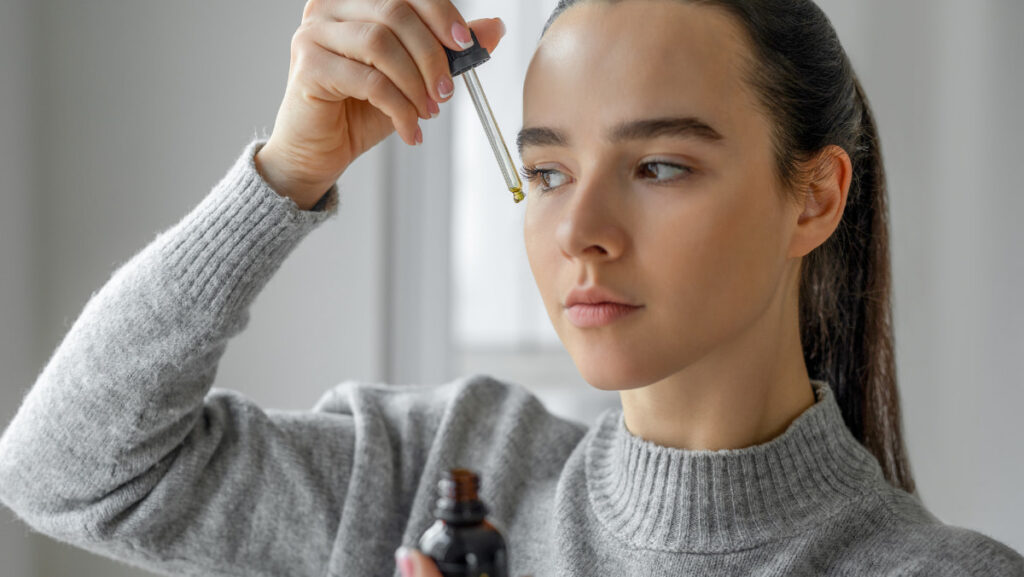
Side Effects Of Cocoa Butter For The Skin
Cocoa butter is generally considered safe for topical use and is well-tolerated by most individuals. However, as with any skincare product, there is a possibility of experiencing side effects, although they are rare.
Here are some potential side effects of cocoa butter on the skin:
- Allergic reactions
While rare, some individuals may be allergic or sensitive to cocoa butter. Allergic reactions can manifest as redness, itching, rash, or irritation. If any of these symptoms appear, consult your doctor immediately.
If you have a known allergy to cocoa or chocolate, it’s advisable to perform a patch test before applying cocoa butter to larger areas of the skin.
- Heavy texture
Cocoa butter has a rich and heavy texture, which may feel greasy on the skin, especially if applied in excess. Some people may find this texture uncomfortable or dislike the feeling of residue on the skin.
Does Cocoa Butter Clog Pores?
Does cocoa butter clog pores? Here is the big money question. Common ingredients in skincare products are rated on a scale of 0–5. The higher the number is, the higher the chances are that your pores may get clogged.
Generally, values of 2 and below are unlikely to cause clogged pores. So products containing ingredients with these scores are considered non-comedogenic.
The comedogenic scale ranges from 0-5 and looks like this:
- 0: Does not clog pores
- 1: Low chance of clogging pores
- 2: Moderately low chance of clogging pores
- 3: Moderate chance of clogging pores
- 4: Relatively high chance of clogging pores
- 5: High chance of clogging pores
Cocoa butter is rated a 4, meaning it has a relatively high chance of clogging pores. If you have oily or acne-prone skin, cocoa butter may not be suitable for (daily) use on the face, as it could contribute to breakouts or blackheads. However, it may still be suitable for use on the body.
Benefits Of Cocoa Butter For The Skin: A Conclusion
To conclude, cocoa butter does not only smell nice… On the contrary, cocoa butter emerges as an exceptional ingredient for achieving a radiant and healthy-looking complexion.
With its rich composition of essential fatty acids, vitamins, and antioxidants, cocoa butter has become a prized component in numerous skincare products.
Cocoa butter is a versatile powerhouse, deeply hydrating and protecting the skin while fighting against pollutants and UV radiation. It also aids in skin healing, diminishing scars, and revealing a youthful, supple complexion.
If you’re seeking a breakthrough in your skincare routine, incorporating cocoa butter may be the key to unlocking your skin’s full potential.
Frequently Asked Questions

